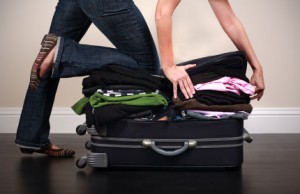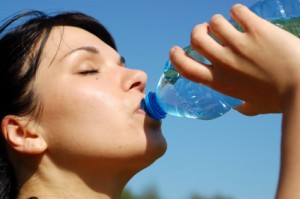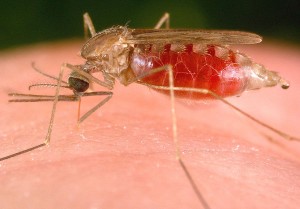Traveling is a regular activity for many. Being in a new place or a place that is not familiar to you makes you susceptible to coming into contact with many new germs and possibly making you sick.
Being sick in a foreign or new place is not good for many reasons. One of the reasons is that your normal doctor isn’t available to assess you. Another reason is that the illness can develop into something bigger and even more deadly.
But the biggest reason why getting sick while you are traveling is not fun is because you are on VACATION! You go on vacations to relax and unwind from the busy schedule of your real life. No one wants to be hacking up mucus or in the bed because of a virus!
Overseas travelers have a 50% chance of suffering from a travel-related illness. That is a pretty high amount.
The following tips should make traveling less of a burden and decrease your chances of becoming ill during an unfortunate time.
Pre-Traveling Preparations!
- Before you add traveling to your to-do list you should first make sure that there are no current health risks going on in the destination you are planning to visit. The worst thing you can do is escape to a new outbreak of a random disease.
- Get a check up from your doctor. Make sure you are healthy BEFORE traveling. If you are not well its best that you know before you go off on your trip.
- This includes your dermatologist, optometrist, dentist, allergist and if you have smaller children their pediatrician.
- Make sure your vaccinations and immunizations are up-to-date here and for the place you are visiting if you are leaving the country.
- This is one of the most important things to have done for healthy traveling. Your doctor can tell you exactly what vaccines are needed from your current health status, your medical history, the place you are going, your age, and the length of stay.
- Pack a medical kit for yourself and the family. Little things like gauze, band-aids, and tape can help being prepared for minor accidents easier.
- If you wear glasses or contacts, make sure to have solution and even an extra pair of glasses, anything can happen.
- You can also get travel insurance to be 200% more prepared for any unfortunate events.
- Make sure to bring prescriptions that you need. A checklist will alleviate any slips of the mind.
- Always pack a variety of each season to be safe. You don’t have to have 4 suitcases for each season but taking along an extra jacket, socks, hat or flip-flops can be beneficial when the weather decides to mix things up will traveling.
- Have water bottles or purifying tools with you. Do not brush your teeth with the tap water of a place that has a contaminated source.
- FOR DISABILITIES:
- Make arrangements for wheelchairs, walkers, guide dogs etc AHEAD of time. Make sure things are accessible and accommodating for traveling.
- Also if a letter is needed from your doctor for special requirements get that as well. Policies and procedures can be different in other places.
- And always carry a medical alert bracelet or pendant for easy identification.
Eating and Drinking While Traveling 
The most common travel-related sickness is gastrointestinal infection, which is generally picked up from poorly prepared food and untreated water.
Ingesting something contaminated is one of the quickest way to experience illness, and the most uncomfortable. The following will bring more awareness to how you approach eating while traveling.
- Use bottled water or water purifiers or tablets to have clean water. In some places, the water supply is foul and prone to creating sickness.
- Avoid ice in beverages.
- Wash your hands constantly before and after eating
- Avoid fruits and vegetables that have been locally washed in the place’s water.
- Eat more thick-skinned fruits and vegetables such as bananas and oranges.
- Stay away from melons, the risk of contamination for these are high. Also strawberries, grapes, and blueberries.
- Peel and wash all fresh fruit if you must eat them.
- Make sure food is cooked thoroughly and eat while it is still hot. Be weary of seafood.
- Avoid raw or unpasteurized dairy products.
- Do not buy food from street carts.
Don’t let the Bugs Bite!
Many serious infectious diseases are transmitted through the bite of an insect. Some such as yellow fever, malaria and dengue fever are common. There are vaccines for some of these diseases, however it is still recommended to protect yourself from bites while traveling.
Mosquitoes are the culprits of transmitting diseases so here are some tips to fight off their attacks:
- If you are traveling to a place where it is more tropical and mosquitoes are known to be regulars, pack long sleeved shirts, pants and socks.
- Wear mosquito repellent that contains at LEAST 30% DEET.
- Use a bed net.
- Stay in air conditioned places as much as possible.
- Try to plan activities according to the peak time (between duck and dawn) that mosquitoes carry the malaria parasite.
- Apply repellent to EVERYTHING! It’s not just for your body, use it on your clothes, the bed sheets and comforters.
Traveling is meant to be exciting, fun, thrilling, relaxing, and care free. With these tips you can experience all of these without the pestering possibility of becoming ill.




